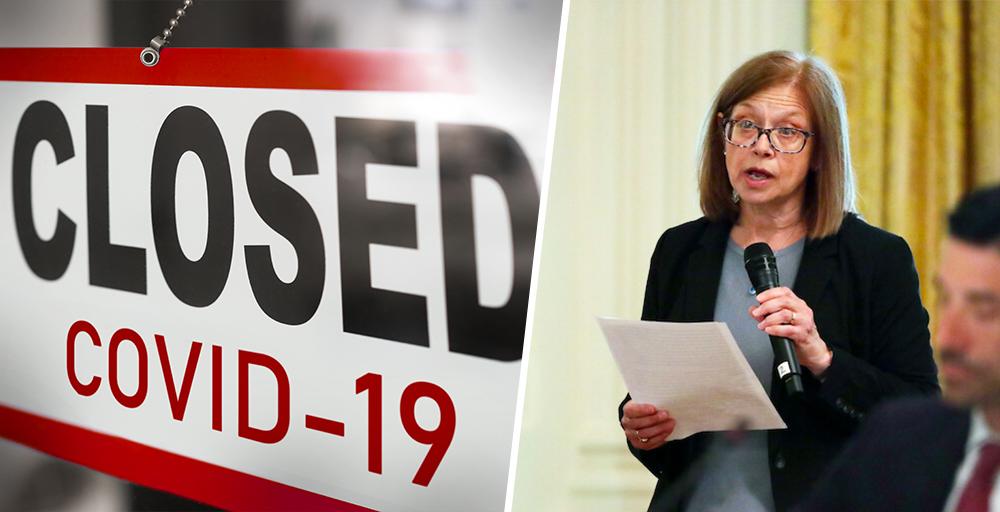Public health officials echoed sentiment that “the cure cannot be worse than the disease” during the Governors Briefing on COVID-19 at the White House on Tuesday. In particular, the mental health impacts of the lockdown were addressed head-on in the briefing before the president and the media.
Among those who spoke, U.S. Secretary of Health and Human Services Alex Azar stated that the correct mindset to have isn’t “balancing health versus the economy,” but rather, “balancing health versus health.”






